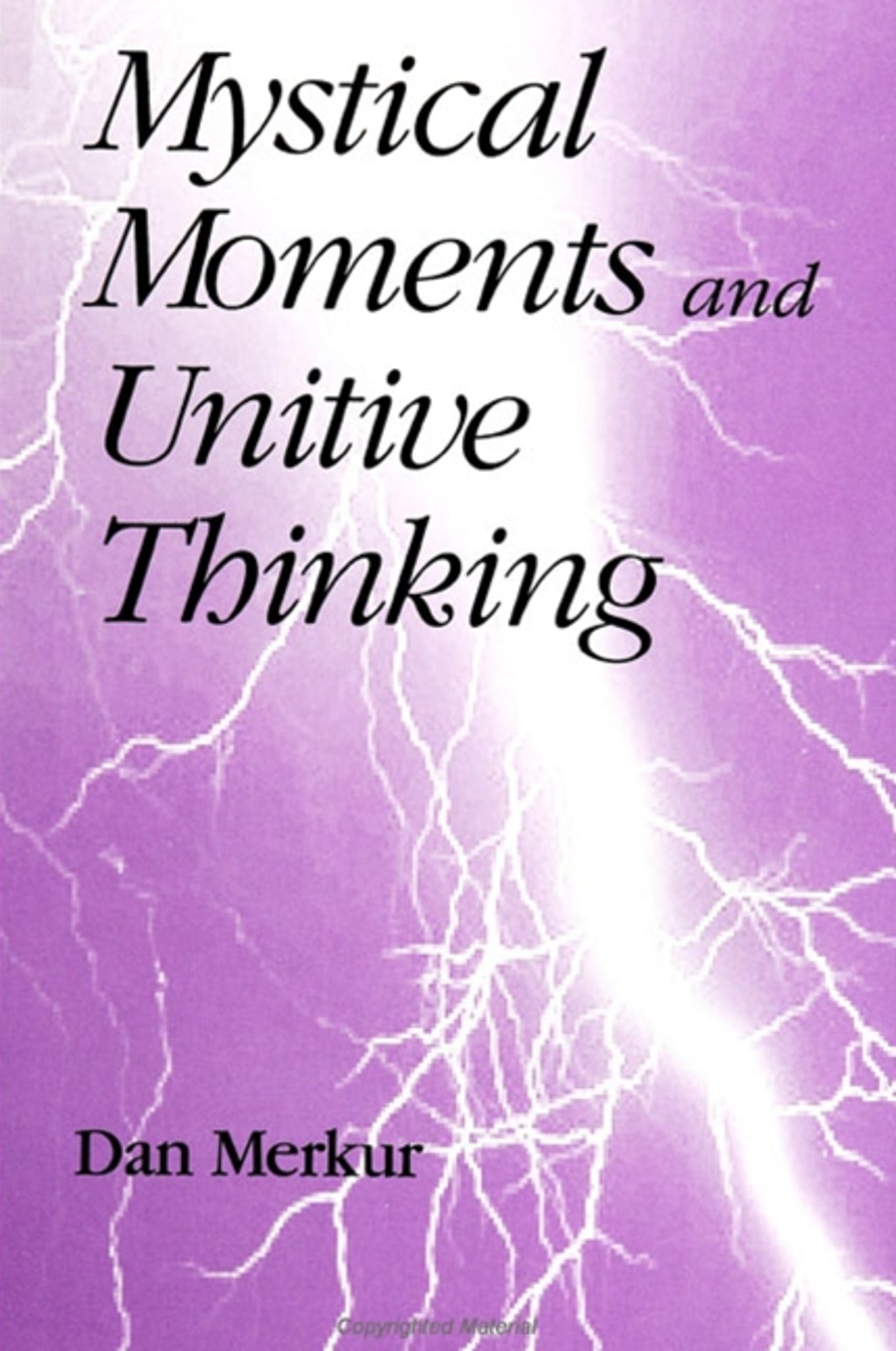We're sorry. An error has occurred
Please cancel or retry.
Mystical Moments and Unitive Thinking

Some error occured while loading the Quick View. Please close the Quick View and try reloading the page.
Couldn't load pickup availability
- Format:
-
11 February 1999

Provides an alternative to the traditional psychoanalytic explanation of mystical experience by viewing unitive thinking as a line of cognitive development and mystical moments as creative inspirations on unitive ideas.
Merkur proposes an alternative to the traditional psychoanalytic explanation of mystical experiences as regression to the solipsism of earliest infancy. He does this by viewing unitive thinking as a line of cognitive development, and mystical moments as creative inspirations on unitive topics. Utilizing classical self-reports by Christian, Jewish, and Muslim mystics, Patanjali's Yoga Sutras, and modern Western peak experiences, Merkur argues that experiences of mystical union are manifestations of a broader category of psychological processes that manifest in scientific and moral thought, as well as in mysticism. Unconscious as well as conscious, unitive thinking is sometimes realistic and sometimes fantastic, in patterns that are consistent with cognitive development in general. Mystical moments of unitive thinking may be considered moments of creative inspiration that happen to make use of unitive ideas. Building on the psychoanalytic object-relations theory that the self is always in relationship with an object, Merkur argues that the solipsism of some varieties of mystical union always implies unconscious ideas of a love object who is transcendent.


"This is the mature work of an anthropologist of mysticism who knows mysticism from the inside as well. He courageously carves out of reductionist Freudianism a non-reductionistic understanding of mystical experiences. At the same time he deepens our understanding of the variety of religious experiences, refusing to blend them all into a single 'oceanic experience.' His grasp of a wide variety of different traditions and practices is breathtaking. There are many books on mysticism, but none that does what this book does." — Walter Wink, Auburn Theological Seminary
Preface
Acknowledgments
1. Some Varieties of Mystical Union
2. Unitive Experience and Unitive Thinking
3. A Theory of Unitive Experiences
4. Unity, the Transcendent, and Death
5. Unity as Metaphor
6. Euphoria and Desolation
7. The Integration of Spirituality
8. The Meaning of Miracles
9. A Theory of Revelation
Books Cited
Index



